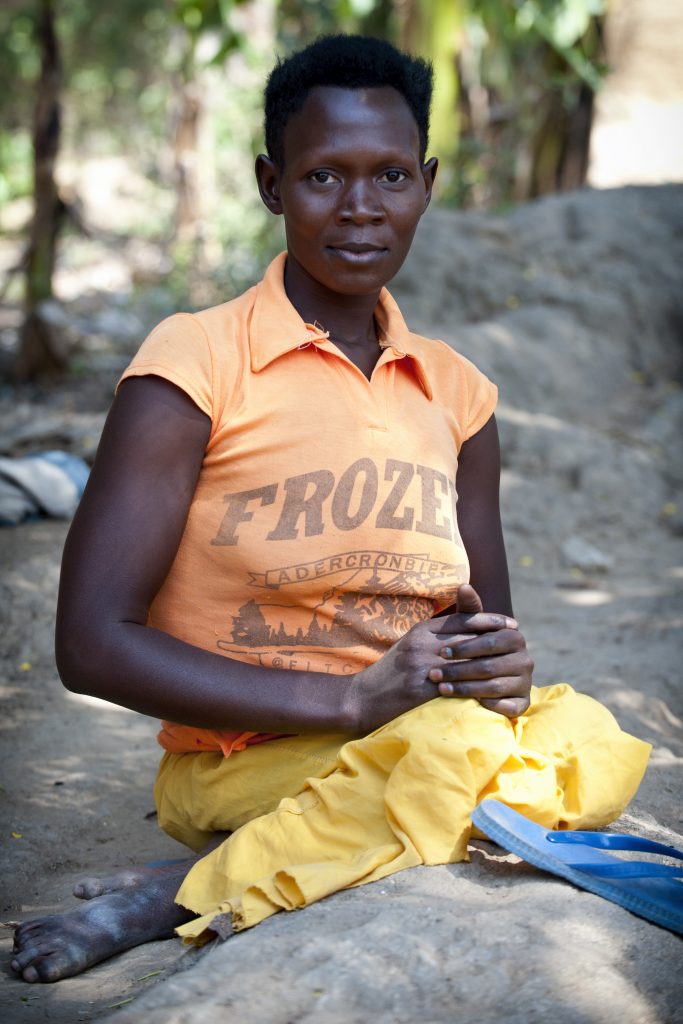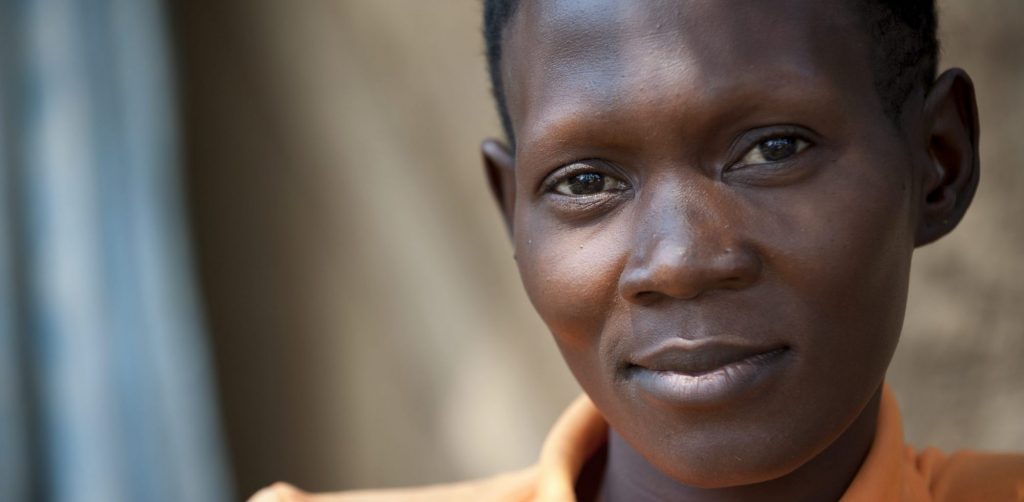Human Rights Advocacy is about persons with disabilities claiming their rights and place in society, valued as equal, contributing members of their families and communities.
We support this by empowering the National Union of Disabled Persons of Uganda (NUDIPU), and building alliances with civil society, non-governmental organisations and local governments. NAD promotes a people-centred Community Based Inclusive Development (CBID) approach that responds to the specific individual needs and aspirations of each person.
We believe strong and representative Disabled People’s Organisations (DPOs) are key to achieving the fulfilment of rights of persons with disabilities. Strong DPOs are therefore a goal and a means to an end.
NAD has supported Human Rights Advocacy programmes in Uganda since 2001.
Disability Rights in Uganda
The Ugandan government has undertaken several legislative and policy measures strengthening the rights of persons with disabilities. Article 21 of the Constitution of the Republic of Uganda outlaws discrimination based on disability. The Persons with Disabilities Act of 2020, the Equal Opportunities Commission Act of 2006, and the Universal Primary Education Act of 2008 are some of the laws that guarantee legal protection and equal opportunities of persons with disabilities.
Additionally, Uganda was one of the first countries to ratify the Convention on the Rights of Persons with Disabilities (CRPD) and its Optional Protocol on 25 September 2008. Still, we see that there is a gap between Uganda’s progressive legal framework and the actual implementation and enforcement of disability inclusive laws and policies.
Although some progress has been made in some areas, Persons with disabilities in Uganda continue to face abuse against their human rights, and are far from achieving equal access to education, employment, health, and social services. Children and women with disabilities face double discrimination and are more likely to suffer from abuse than men with disabilities.

Advocating for human rights
The programme strengthens the capacity of NUDIPU and its member organisations in Human Rights Advocacy, on how to access government programmes, as well as on the use of the CRPD, the Sustainable Development Goals (SDGs), and other key human rights instruments for influencing policy.
The Human Rights Advocacy programme additionally builds the capacity of government and non-governmental actors. Together with our partner NUDIPU, we advocate for disability inclusion in governmental decision-making processes at all levels, reminding the government of its obligations under domestic and international law.
Our Community Based Inclusive Development (CBID) work is implemented by a network of social workers, volunteers, community members, persons with disabilities and family members, who mobilise resources and support within the community to develop a disability inclusive society.
The approach embraces all disabilities and age groups, and it attempts to respond to the specific individual needs and aspirations of persons with disabilities and their families.
Main achievements in Uganda
Some of the main achievements of our Human Rights Advocacy work and partnerships are:
- The TOFI programme was launched in Kampala in February 2020. Participants included partner organisations and key Ugandan stakeholders, including a representative from the Ministry of Gender Labour and Social Development.
- DPO leaders have been trained on the use of the CRPD, SDGs, Ugandan Global Disability commitments, and other key human rights instruments.
- Thanks to NUDIPU’s advocacy efforts, Mental Health Act of 2018 was enacted to replace the Mental Treatment Act of 1964. This act provides for the right to consent to treatment by persons with mental impairments and protection of the rights of patients. It was also reviewed to eliminate its offensive language used to describe persons with mental disabilities.
- Inclusion Uganda trained 115 people with intellectual disabilities in CRPD to become self-advocates, and an additional 115 support persons. 472 local leaders across six districts were also trained in CRPD.
- NUDIPU organised awareness raising activities including five radio talk shows and four TV talk shows on inclusive education, inclusive electoral processes and the TOFI Human Rights Advocacy project.
- 38 senior staff from the local district DPOs were trained by Save the Children on engaging children, including children with disabilities, in budgeting processes using the Child Friendly National Budgeting process Initiative Manual. This was conducted by a social development specialist on gender and child budgeting from the ministry of Gender, Labour and Social Development.
- 25 journalists were trained on disability sensitive child rights reporting. Topics discussed included ‘understanding disability concepts’, ’Power of the media in shaping individual and public perceptions of everyday life’ and ‘the CRPD and the place of media in its actualisation’. Since the training, local journalists in particular have reported on issues concerning children with disabilities.

